Discover Marketplace Morning Report
Marketplace Morning Report

Marketplace Morning Report
Author: Marketplace
Subscribed: 8,593Played: 1,011,260Subscribe
Share
© Copyright 2025 Minnesota Public Radio
Description
In less than 10 minutes, we'll get you up to speed on all the news you missed overnight. Throughout the morning, Marketplace's David Brancaccio will bring you the latest business and economic stories you need to know to start your day. And before U.S. markets open, you'll get a global markets update from the BBC World Service in London.
601 Episodes
Reverse
It's a major Hollywood drama: Despite striking a deal with Netflix, the high-stakes bidding war for Warner Bros. Discovery shows no sign of cooling off. The company turned down a renewed offer from Paramount of $30 a share, signaling a continued preference for the Netflix deal. Thing is, the transaction will likely draw close regulatory scrutiny from the Trump administration. But first: messy economic data and a deal to buy TikTok's U.S. operations.
Electricity prices are up 6.9% year over year — much higher than overall inflation — and costs are expected to go up even more in the future. So, how are energy-hungry data centers, used to power AI, crypto, and more, impacting electric bills? That's a question that several Senate Democrats had, who opened an investigation into tech firms this week. Also on the show: TikTok ownership and real estate agents' thoughts on the market.
From the BBC World Service: The Chinese owners of TikTok have signed a deal to sell the company's U.S. assets to a joint venture led by American investors. This morning, we'll parse the details of the agreement. Then, Ukraine will receive a loan of more than $100 billion from the European Union to fund its war against Russia. Plus, Morocco is staging the Africa Cup of Nations soccer tournament, but not everyone's pleased about the money being spent on it.
In his 19-minute address to the nation last night, President Donald Trump argued that he inherited a mess from former President Biden; the president claimed he'd made historic improvements to the lives of Americans over the past 11 months. Today, we'll dig into the claims — from the accurate, to the misleading, and the wrong. Also on the show: how scammers are using AI-generated ads to trick shoppers.
As the year draws to a close, it's clear that the post-COVID hiring bonanza has ended, and job-hunting has gotten trickier. Experts are predicting next year to be marked by more of the same: a low-hire, low-fire labor market. Plus, the Nasdaq asks the SEC for permission to allow close to 24/7 trading, and a federal appeals court is blocking the firing of most workers at the Consumer Financial Protection Bureau.
From the BBC World Service: The European Union says it's close to agreeing a trade deal with the South American economic bloc Mercosur, which represents Brazil, Argentina, Paraguay, and Uruguay. The agreement covers all aspects of trade, but the most controversial area is agriculture. Farmers have been protesting because they fear a glut of cheap imports. Then, the European Commission unveiled its first-ever roadmap for tackling a Europe-wide housing affordability crisis earlier this week. We'll discuss it with the EU's housing Commissioner.
We get a firehose of economic data this week. As these numbers come in, one thing is becoming clearer: Wage gains are stalling, and inflation has been heating up. What's that mean for affordability and consumers? Then, we check on oil prices after President Donald Trump ordered a blockade of Venezuelan oil tankers. Plus, we bring you the second part of our conversation with June Hagin, a night shift worker at a West Harlem Christmas tree lot.
It's an annual tradition in New York City: Each December, pedestrians fight for walking room on sidewalks populated by lush firs and frasers. Staffed by seasonal workers, these Christmas tree lots are often open 24 hours a day. We visited one of these tree stands on a sidewalk in West Harlem just after midnight to learn about the biz. But first, holiday season retail sales numbers out yesterday from the Census Bureau were unexpectedly flat.
From the BBC World Service: FIFA has said it will release $60 seats for next year's World Cup, following complaints from fans over high prices. After all, average ticket prices are about seven times what World Cup tickets cost when the event was hosted in Qatar. Thing is, there's a catch. Then, French soccer player Kylian Mbappé has been awarded $70 million in compensation for unpaid wages in a court case against his former club, Paris-Saint Germain.
The cost of health insurance is becoming increasingly unaffordable. With many Affordable Care Act marketplace subsidies set to expire, coverage is about to get even more pricier for more than 20 million people next year. These growing costs are fueling interest in a market for cash-only doctors. Today, we'll hear more. But first, all of those government layoffs and employee buyouts have hit the labor market. We’ll discuss.
How many jobs did the U.S. economy gain or lose last month? We'll find out later this morning. The numbers are about a week late, as the folks at the Bureau of Labor Statistics needed a minute to catch up after the government shutdown. Economists' expectations are low. Then, an investigation in New York looks into allegations of systemic fraud big banks are facing over foreclosure auctions. We'll help you understand the story.
From the BBC World Service: Volkswagen has been making cars in Germany for 88 years. In all that time, it's never closed a manufacturing plant in its home country until now. On Tuesday, the last vehicle will roll off the assembly line at the VW plant in Dresden. It comes as the company struggles with the transition to EVs. Plus, the head of Ukraine's largest energy provider says his company is living in permanent crisis mode as Russia steps up attacks on the country's energy grid.
There’s more evidence that China’s economy is stalling. Beijing released a batch of government data today that was not encouraging. Chinese consumers have slammed their wallets shut, and data from the National Bureau of Statistics of China paints a picture of stagnating investment, output, and consumption. And later, we'll preview long-delayed economic data slated to come out this week and learn why retailers are hiring fewer workers for the holiday shopping season.
This week, the Senate is set to take up the $900 billion National Defense Authorization Act. The House passed it last week. It is more than 3,000 pages of defense policy planning that the Senate will be digging through; the actual funding of these plans comes later. But there's also a whole lot of stuff that's not defense-related. Today, we'll dig in. Plus, we'll hear how China came to dominate in money laundering.
From the BBC World Service: "It's like I'm standing inside a cloud of dust and smoke," says BBC correspondent Devina Gupta of air quality in India's capital. Residents there have been urged to stay indoors, and new restrictions are affecting worker productivity and costing businesses. Then, a Hong Kong court has found media tycoon Jimmy Lai guilty of sedition. And later, retailers in the U.S. are hiring a record low number of seasonal employees.
The Trump administration is reconfiguring a government watchdog that grew out of the Great Recession. The Financial Stability Oversight Council watches out for risks to the financial system to prevent the future need for government bailouts. Now, the Treasury Secretary says the watchdog will focus on boosting economic growth and easing regulations that he says impose “undue burdens." Plus, we follow the money from Machu Picchu and examine the appetite for "extended range" EVs.
It’s the most wonderful time of the year — and with that, the obligatory office holiday party. Thing is, some choices around holiday parties can tell a story of how a company is doing. Who's there? Who's chatting together or sticking to a corner? What food and drink are being served? Today, we'll help you read the room. But first, most regional Federal Reserve bank presidents have been reappointed, despite some Trump administration proposals to exert greater control over the Fed's regional banks.
From the BBC World Service: Reddit has filed a lawsuit calling for Australia's social media ban for children under 16 to be declared invalid. The text-based forum is one of 10 online platforms covered by the ban, which came into force this week. And later in the program, we head to Peru, where conflicts are brewing over how money from Machu Picchu tickets is being spent and whether it's benefiting tourists and locals.
The Federal Reserve decided to cut interest rates again at its meeting this week, partly because Fed officials think the labor market is weaker than it appears. This morning, we'll hear why Fed Chair Jerome Powell says estimating job growth can be so tricky. Also on the show, we'll dig into the drone warfare industry, central to the ongoing Russia-Ukraine war. Plus, are we past tariff inflation yet?
The COVID-19 pandemic changed the economic circumstances of many, creating demand for direct aid, interrupting consumer spending, and altering the nature of work. Today, there are people across the country in lockdown again — mixed-status immigrant families, who are experiencing disruptive economic pressures that mirror the pandemic. Today, we'll draw parallels. Plus, more people admit to stealing at self-checkouts. And, what can we expect from the Federal Reserve in 2026?



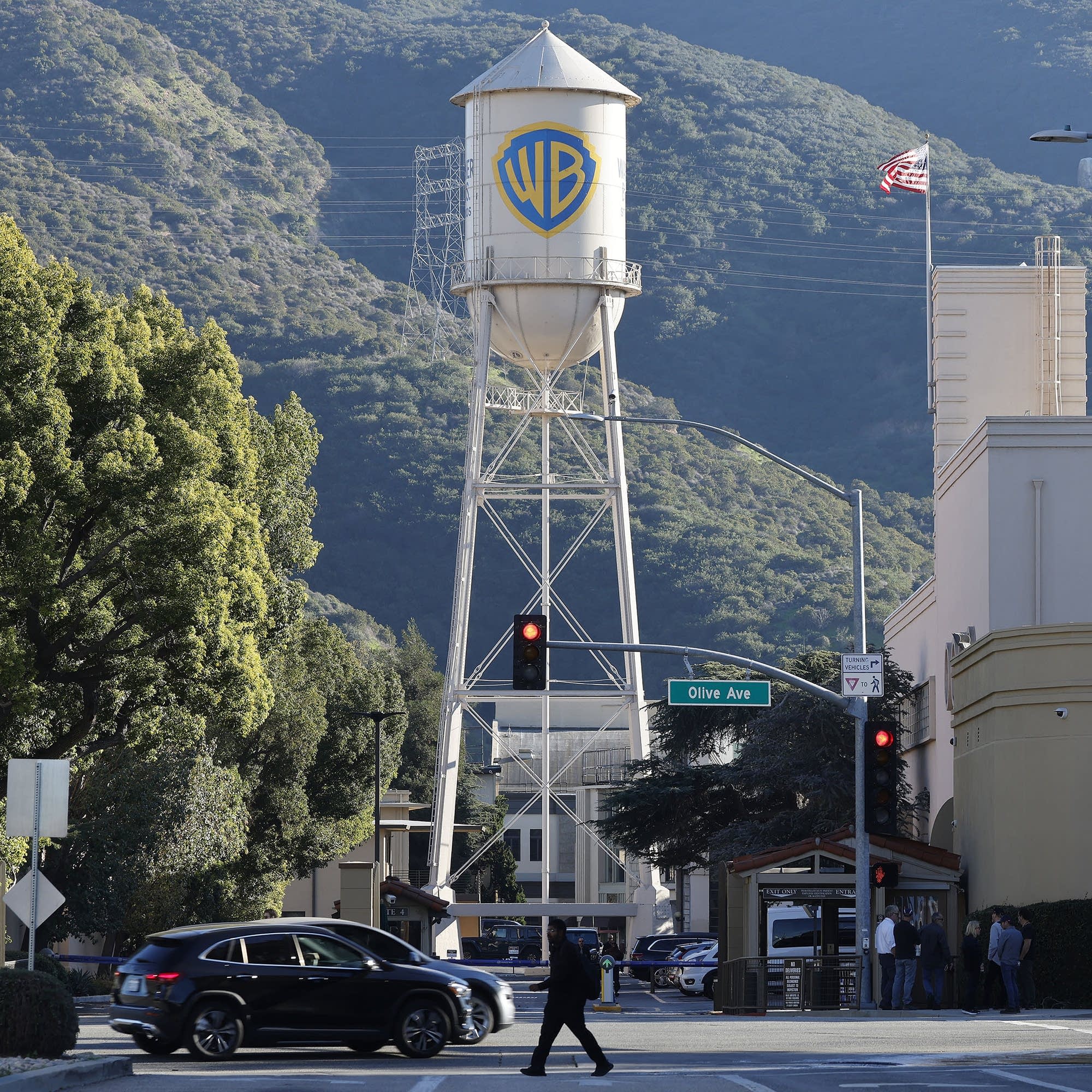

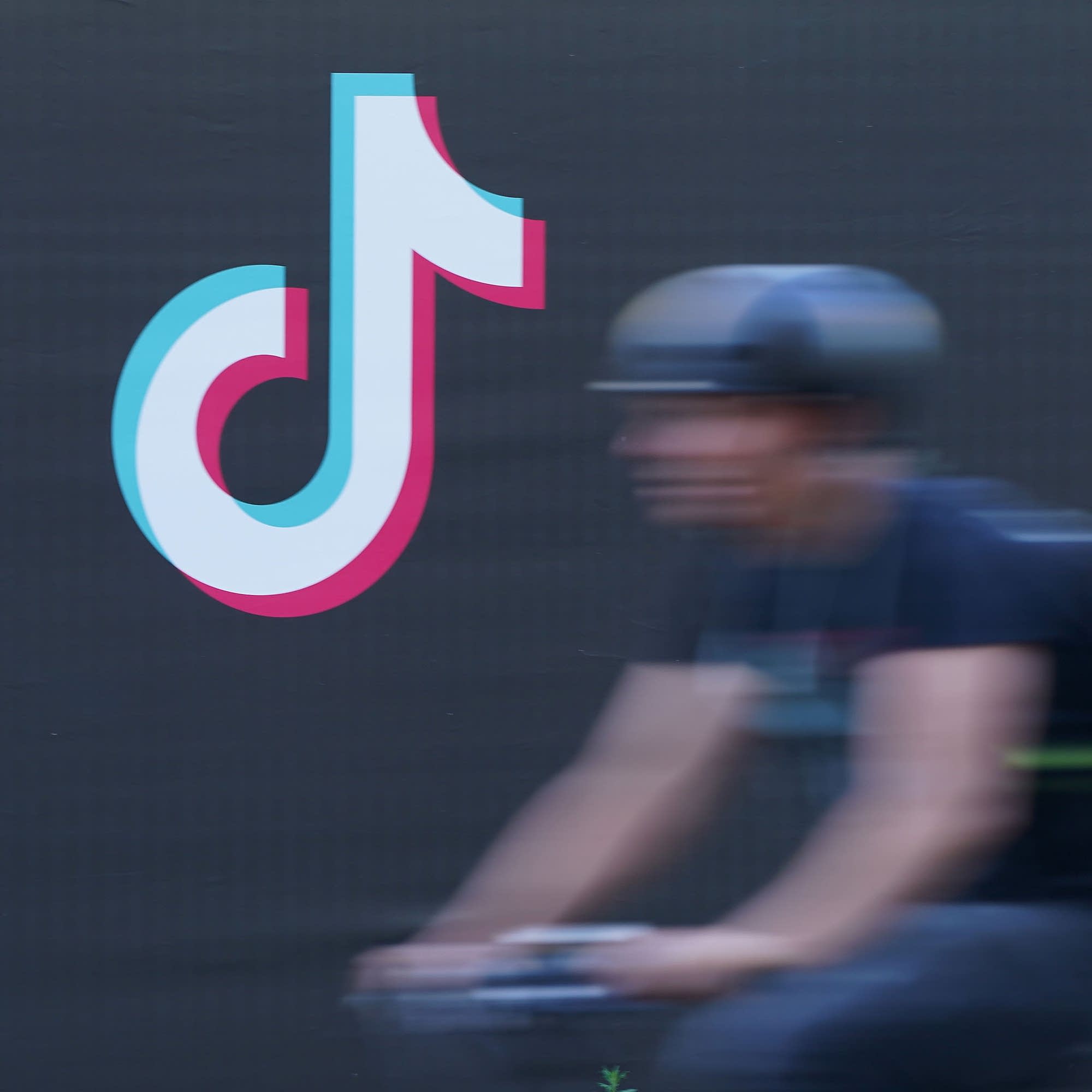

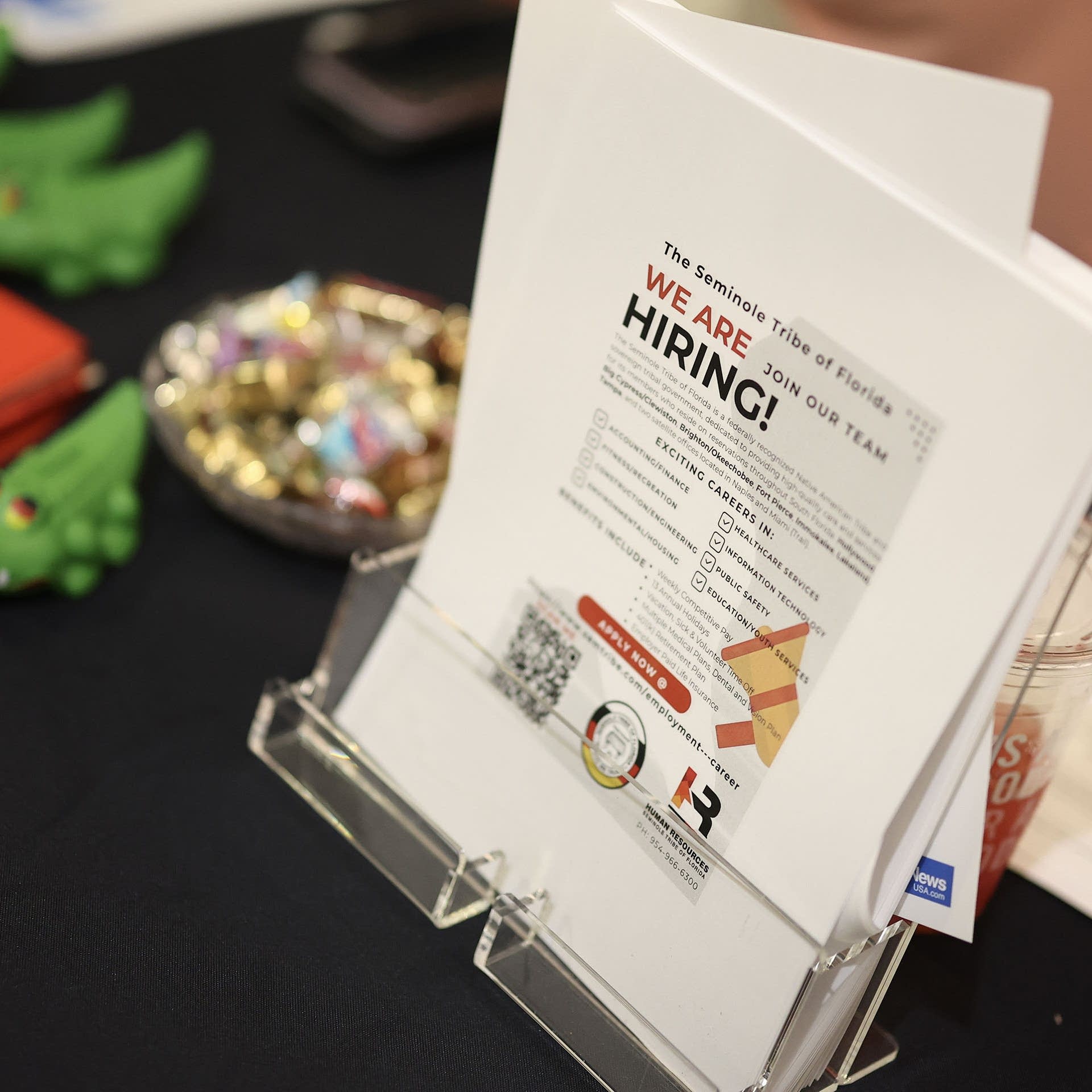
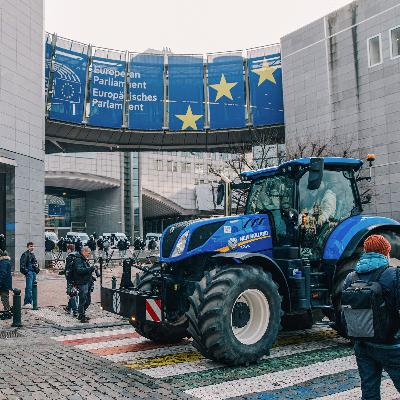
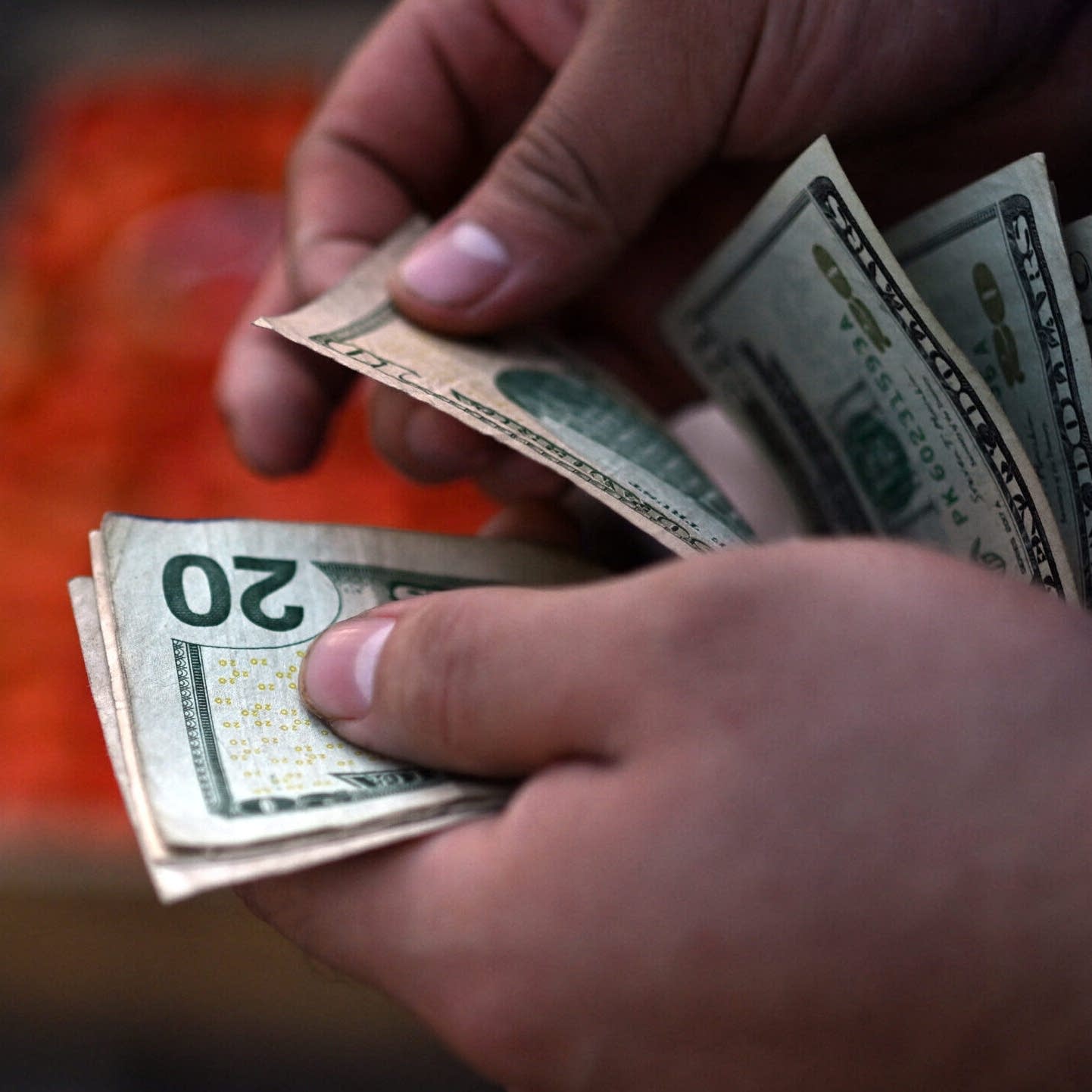
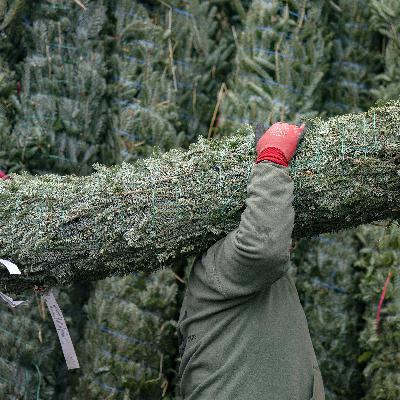

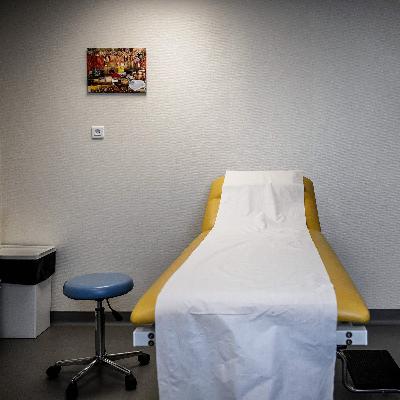

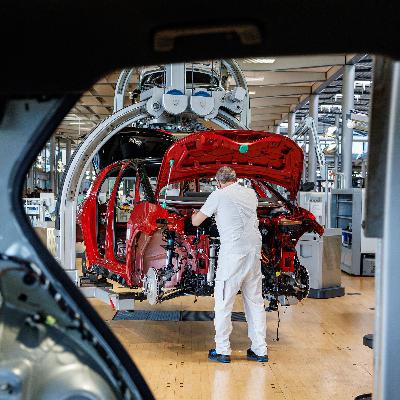
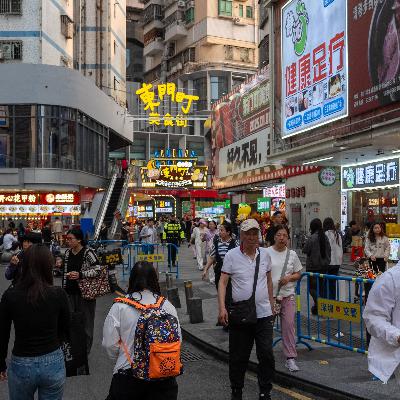
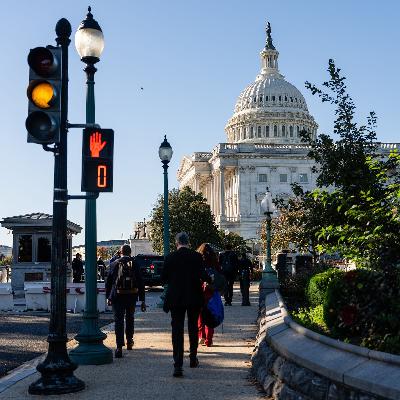
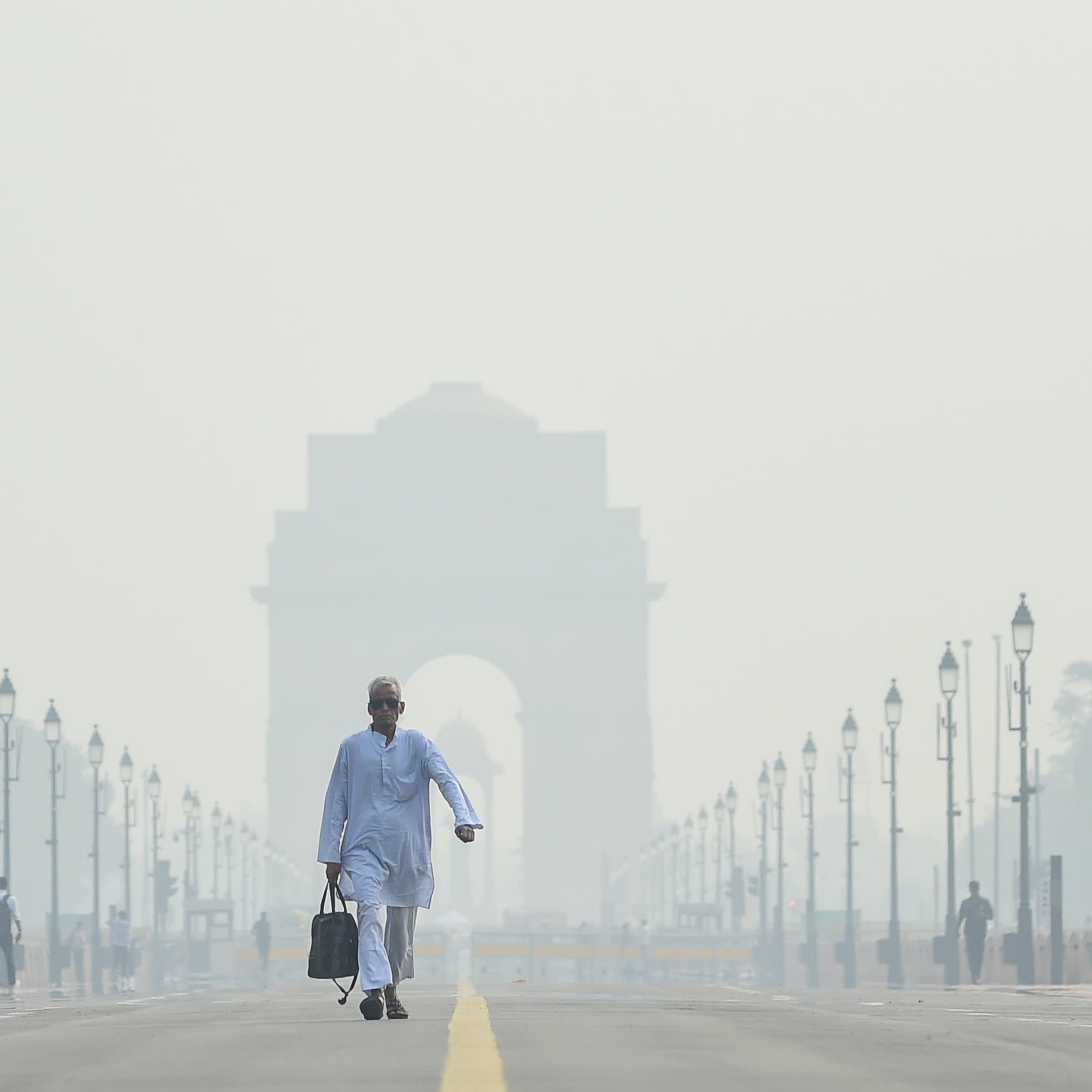
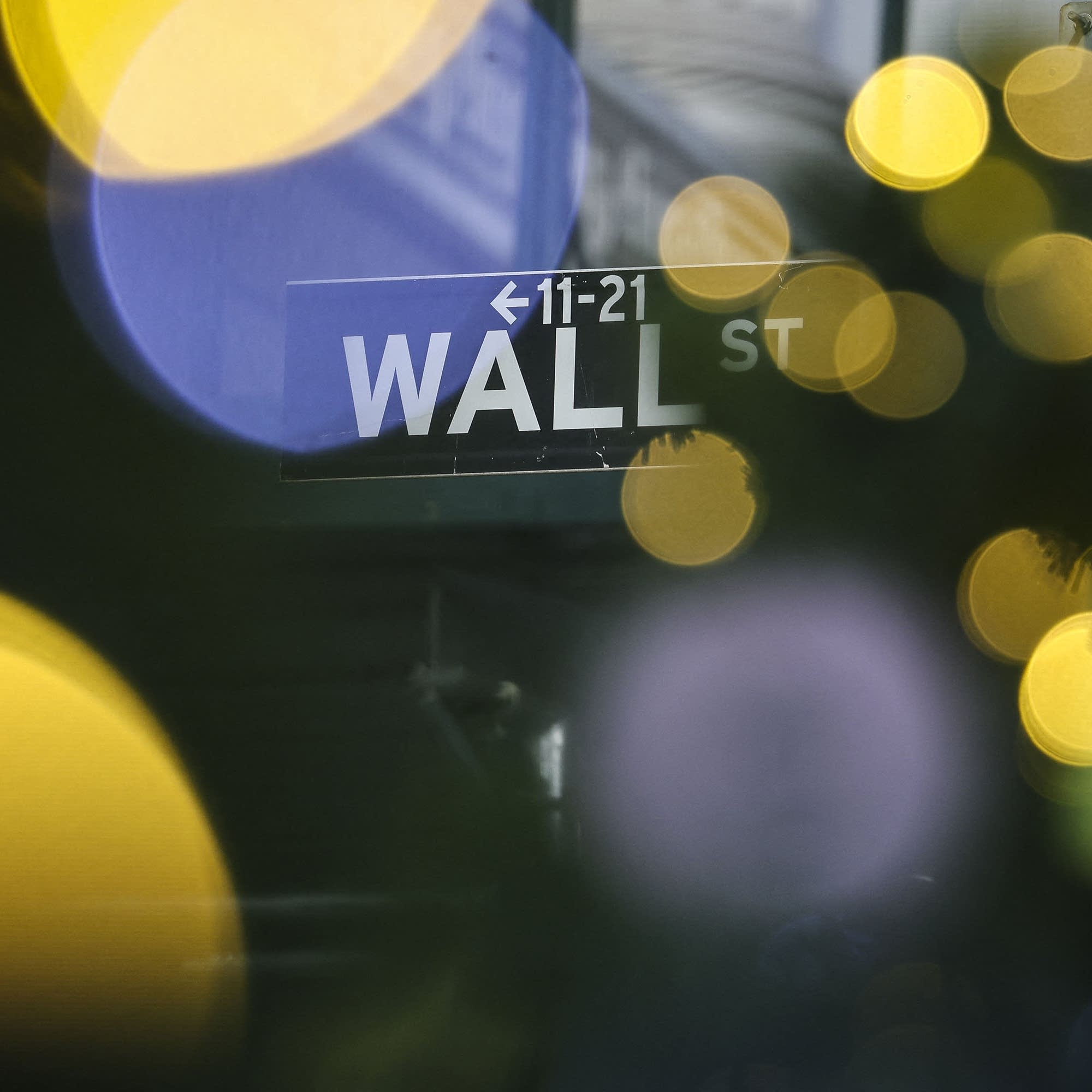

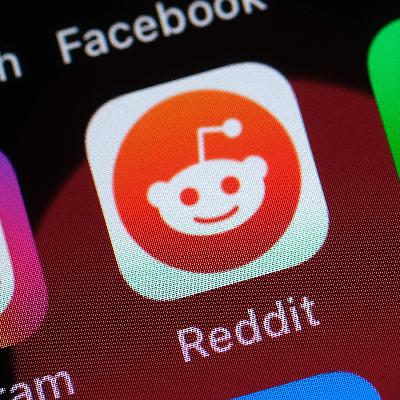
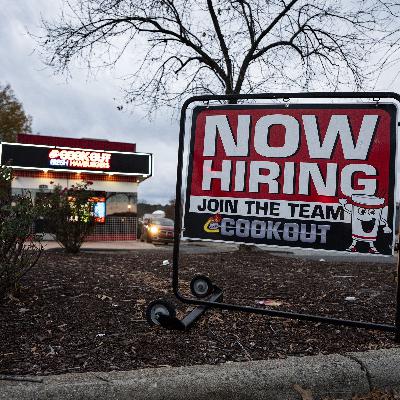
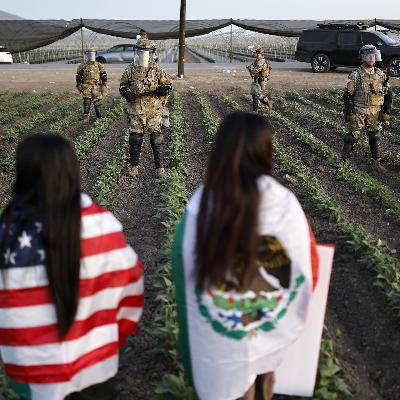



4:30 The House won't take this up since Speaker Johnson pushed through something earlier this year that prohibits the house from taking up the discussion for 2 years from when it was passed. The entire possibility for the House's oversight was taken away by themselves (ie Trump\MAGA).It's not just that they won't take it up, they can't because they aren't holding session and even if they were they're explicitly prohibited from it.
With rising concerns over student loan defaults, understanding how loan repayments work is more important than ever. Maksuerän through https://euribor12k.fi/ offers tools to calculate monthly payments and manage Euribor-linked loans effectively, helping borrowers plan ahead and avoid defaults. This resource provides clarity on interest rates and repayment schedules, which can be crucial for anyone navigating debt responsibly.
Tariffs will make business move into USA and this will make us less dependent on countries that could disrupt our imports of building materials , food, and medicine, as what happened to Britain in WWII. We supported Britain, but who would support us?
Get Fauci away from those chickens !!
Elite did a Maui on Pacific Palisades.
lack of imported labor raises labor costs, read opening the border and cheap labor pours in, the lower end workers make less money. How does that help the poor? Cesar Chavez was against the inflow border crossing cheap labor because it lowers the incomes of all but the corporations. Ask your Democrat politician why Biden hates labor. While you are at it, ask Nancy Polosi why she too hates having to pay the higher amount for local labor and insists on open labor borders.
💚WATCH>>ᗪOᗯᑎᒪOᗩᗪ>>LINK>👉https://co.fastmovies.org
We don't need a Gavin Newsom to crash the United States of America like he is crashing California.
Have all the women kill simutaneously all the Talban men. Then go to university.
Being a Democrat is self harm.
Just have the most successful money launderer help with the cover-up, call Biden.
Although baccarat appears to be a fairly straightforward, simple game that is completely dependent on chance, it has remained very popular for many years. The most difficult part of the game is counting points when the winner is determined, but in offline casinos this is done by the dealer, and on online platforms everything happens automatically. You can find more useful information on this topic here https://xn--12cfvb5etcxfbb7a3itdjh.com/
Humanitarian aid to Gaza so they can repeat?
If I spent , borrowed, then dumped that borrowed money into the market, as much as the Federal government does, the inflation would grow exponentially. The key is that the inflation is based on the difference between taxes income and money spent. If government borrowing covers the over spending each borrowed dollar lowers the value of each dollar already in the market, since the tax income doesn't change. Ergo inflation. Consumer spending increases the market value by the exchanging of dollars.
Why not improve public schools rather than drag Private Schools down.
Using Biden style overseeing. See no Evil, Hear no Evil, Say nothing about the Evil, such as Biden's control over the FBI and the CIA. Nancy Pelosi must be proud of the use of child labour as she promoted border crossing of all the children to do various kinds of work. Can you list all the things children can do? I knew you could. Such a good neighbor.
Nothing like semi- slavery to save on labor costs. Elites develope vaccines to have low wage autistic laborers for duties that would have cost more for non-autistic labor. You missed a table.
Take the money and run, sounds like a Leftist. I didn't know Biden was an artist.
Hitler thought a war and Holocaust was worth getting art.
Downtowns anywhere in California are exposed to the security that is not provided by the Democrat political powers in California and the fear of Downtown attacks prevents wise businesses from operating in downtown areas.